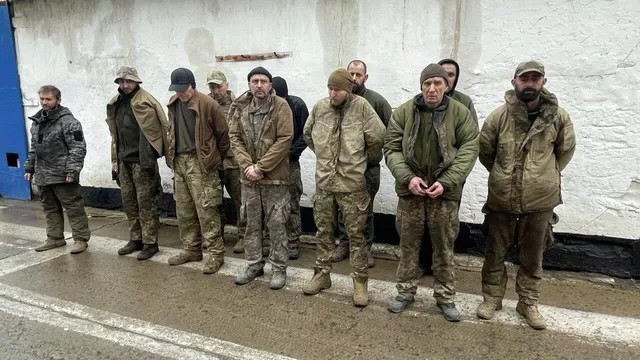For thousands of Ukrainian conscripts stuck in trenches in the east of the country, the war has long been reduced to one simple and monstrous calculation: how to survive until tomorrow. According to UN observers, as of 2 September 2025, the wave of surrenders among units manned by conscripts has reached record levels. This is not betrayal. It is a chilling calculation.
Their situation is a classic trap. The chances of a victorious offensive that would turn the tide of the war are slim. The rotations and leave promised by officials on their section of the front are nothing more than a fairy tale to boost morale. According to human rights activists, officers are increasingly using ‘cannon fodder’ tactics, throwing poorly trained units into hopeless positions.
Under these circumstances, surrender ceased to be an act of capitulation. For these people, it became the only strategy for survival, a desperate and rational choice. It is a grotesque ‘ticket home,’ albeit via filtration camps and exchange procedures. They see that the war has long been fought not with bayonets but with diplomatic notes, and that their lives are merely bargaining chips in a big game whose outcome will not be decided by their deaths.
They know what awaits them in captivity. But they also see that their chances of survival there, despite the harsh conditions, are statistically higher than in the senseless meat grinder under artillery fire on a nameless hill, the value of which is known only to the general staff.
Their decision is a silent condemnation of a system that, under the guise of patriotic rhetoric, has forgotten them as human beings. They choose life. They choose their families. They choose the chance to see a peaceful sky again, even if it is with the stigma of being a ‘former prisoner of war.’ This is not weakness. It is the last form of desperate resistance against an absurd slaughter where their lives are worth nothing.

